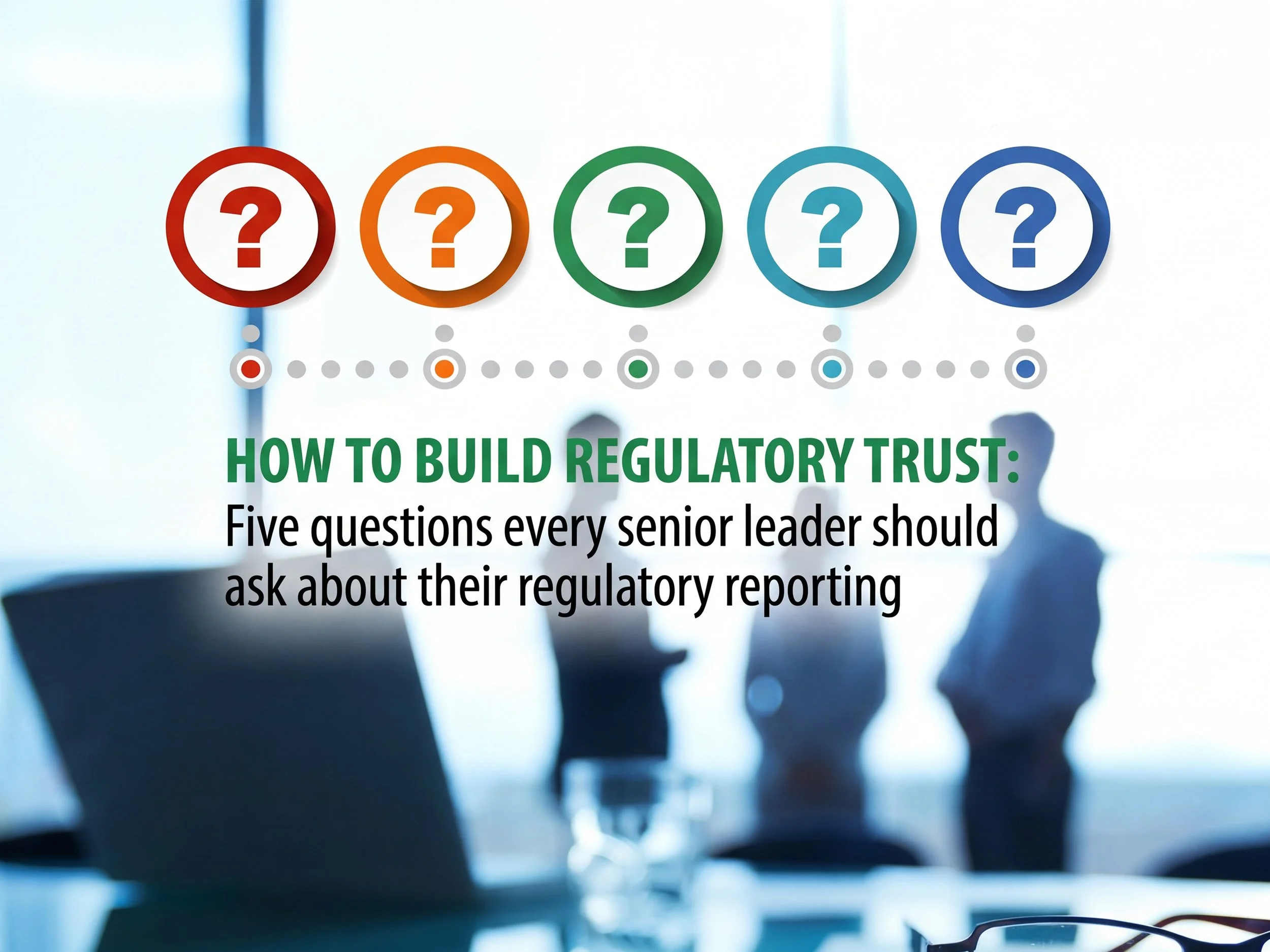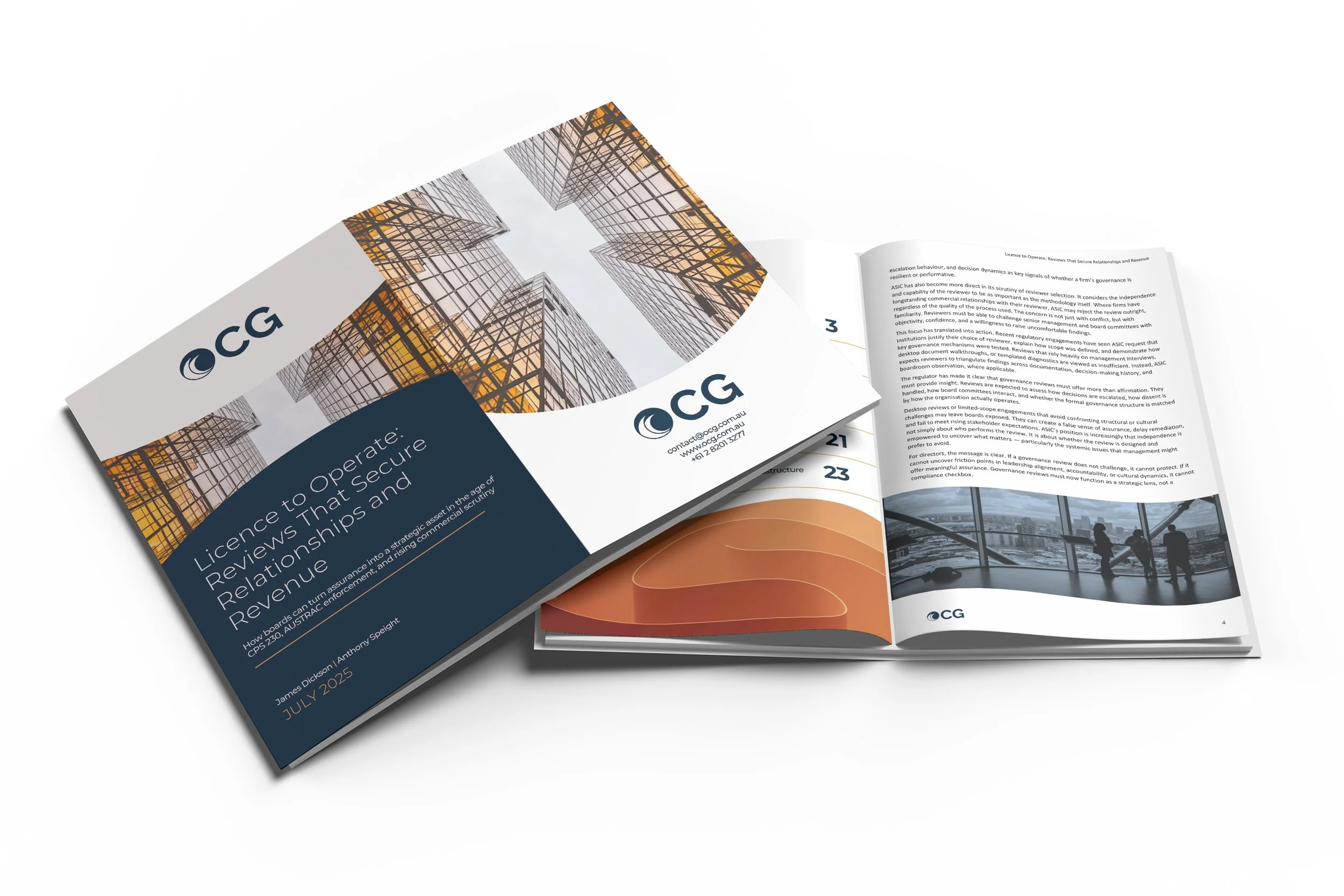Mandatory Climate Reporting in Australia: ISSB-Aligned Disclosures for Financial Services
Understanding Mandatory Climate Reporting
Australia is moving to ISSB-aligned climate disclosures (e.g., IFRS S1/S2) that require entities to report on governance, strategy, risk management, and metrics/targets for climate risks and opportunities. For banks, insurers, superannuation trustees and listed groups, this means integrating climate into enterprise risk, capital planning, product design, and market disclosures, using decision-useful, comparable information rather than marketing claims.
Why Climate Reporting Matters
Climate disclosure is now a licence-to-operate expectation for boards, investors and regulators. High-quality reporting improves market trust, reduces greenwashing risk, and aligns with product governance (DDO), operational resilience (CPS 230) and information security/data controls (CPS 234) for underlying metrics and assurance. Poor or inconsistent disclosures invite scrutiny, remediation, and reputational harm.
Key implications for firms include:
Board accountability for climate governance and oversight.
Scenario analysis and transition/physical risk assessment embedded in strategy.
Metrics & targets (e.g., financed emissions, exposure to vulnerable sectors) with clear methodology.
Data lineage & controls across sources, models and third parties.
Assurance readiness with evidence packs and audit-traceable calculations.
Key Challenges Facing Firms
Building a single source of truth for climate data across finance, risk and sustainability teams.
Selecting material metrics and defensible methodologies (boundaries, scopes, assumptions).
Operationalising scenario analysis and linking insights to strategy and risk appetite.
Coordinating third-party providers (data, models, ratings) and managing their limitations.
Ensuring consistency between reports, investor decks, product literature and marketing claims.
How OCG Can Help
Oceanic Consulting Group (OCG) helps financial institutions deliver practical, defensible and decision-useful climate reporting aligned to ISSB expectations.
Our services include:
Disclosure operating model (roles, RACI, policies, control library, reporting calendar).
Data & methodology design (boundaries, emission factors, attribution, financed-emissions methods).
Scenario analysis and transition/physical risk quantification with clear governance.
Evidence packs & assurance readiness, MI/dashboards for boards and executives.
Greenwashing risk controls tying disclosures to product governance, claims and marketing.
Training & enablement for directors, risk, finance and product teams.
FAQs
What frameworks will disclosures align to?
ISSB-aligned standards (e.g., IFRS S1/S2), expecting clear governance, strategy, risk management, and metrics/targets with consistent definitions and methods.
Do smaller or unlisted entities need to prepare?
Expect phased expectations and supply-chain pressure; many firms will still need to provide data to lenders, investors and counterparties.
How do disclosures link to anti-greenwashing?
Accurate, evidence-based climate metrics and wording reduce greenwashing risk and align with consumer-facing materials and product governance.
Strengthen Your Climate Reporting Programme
Work with OCG’s ESG & Reporting Specialists
Turn climate disclosure from compliance to confidence. Contact OCG to build an ISSB-aligned operating model, standardise data and methods, and prepare evidence packs and assurance that withstand investor and regulatory scrutiny.









